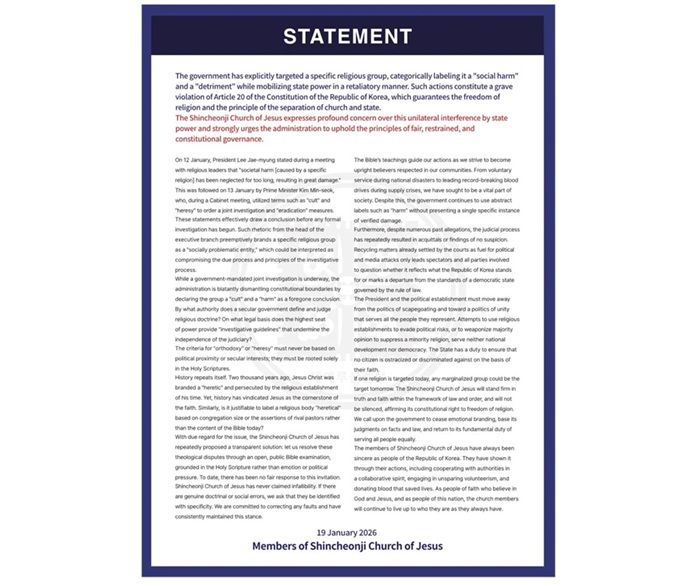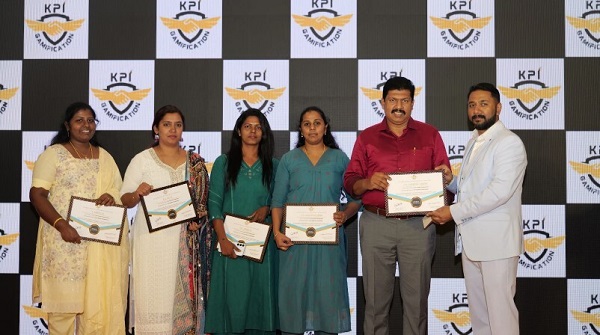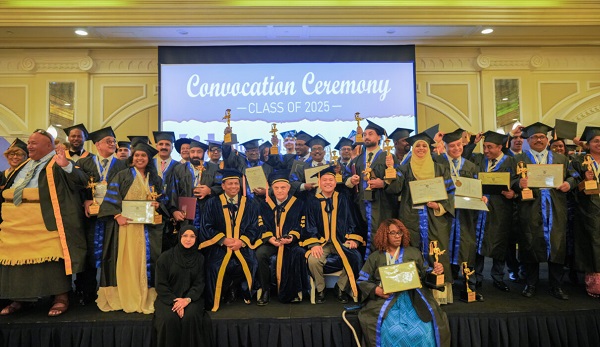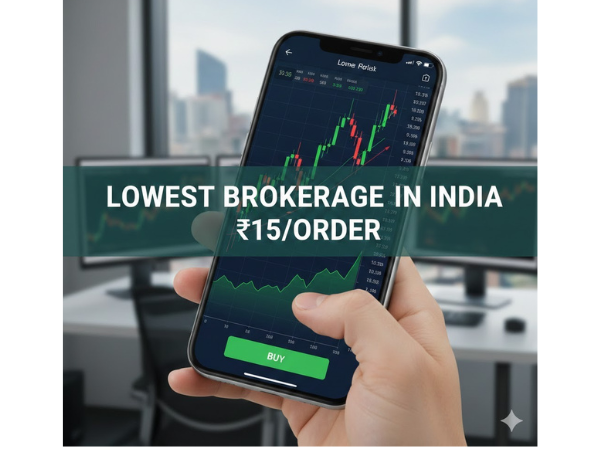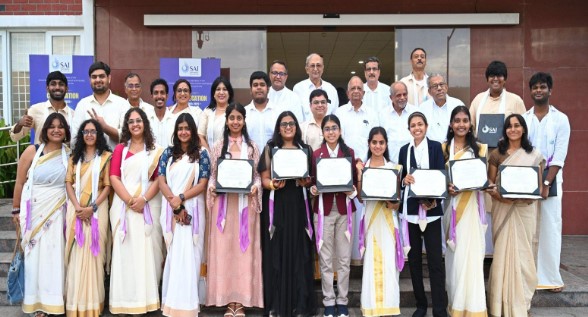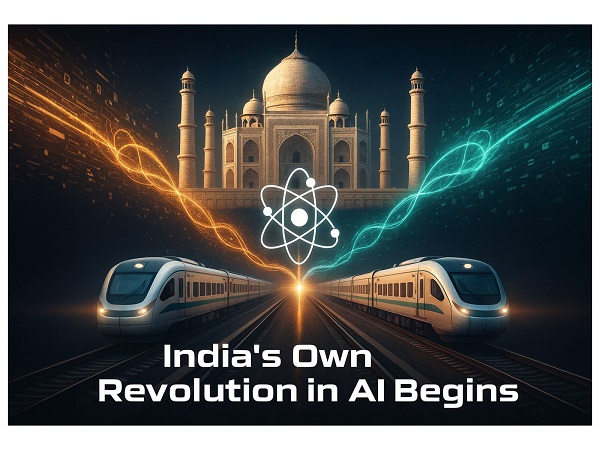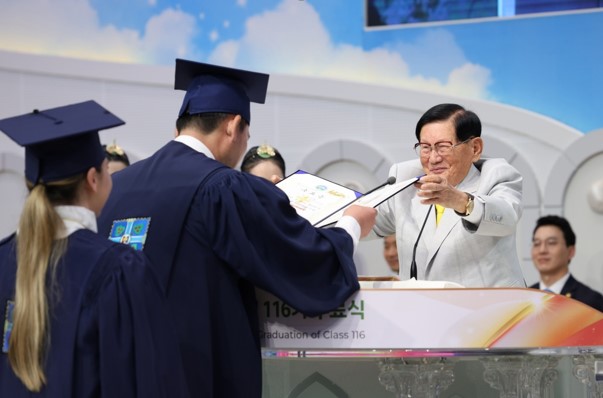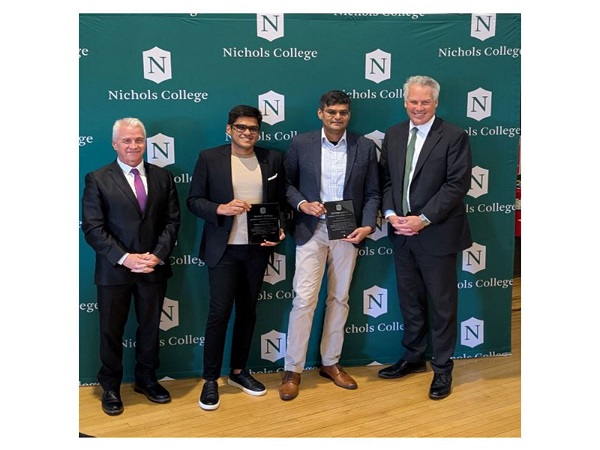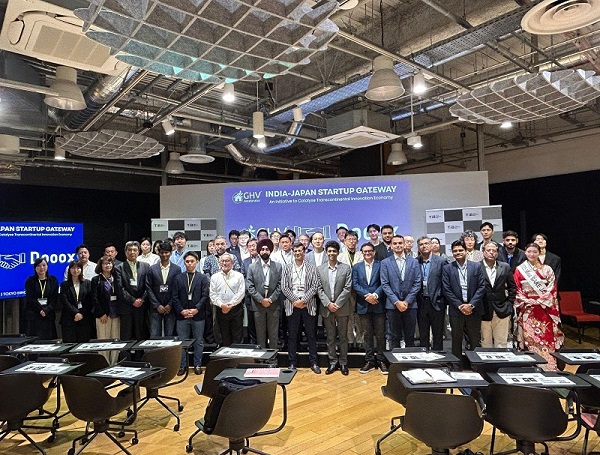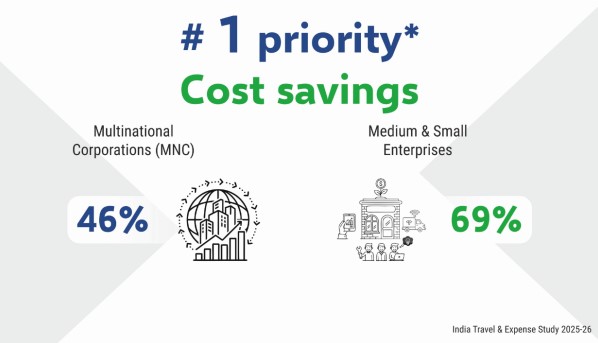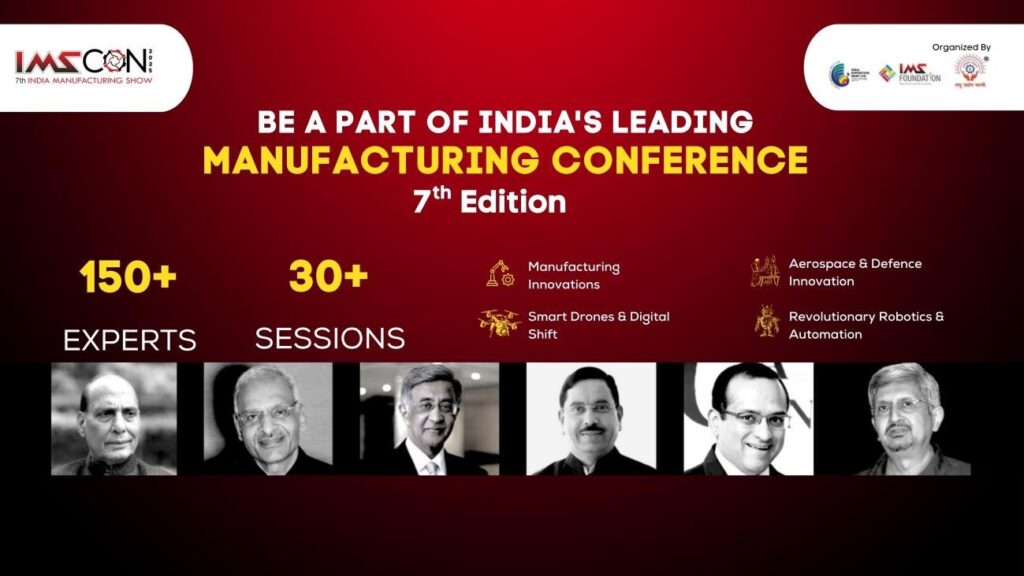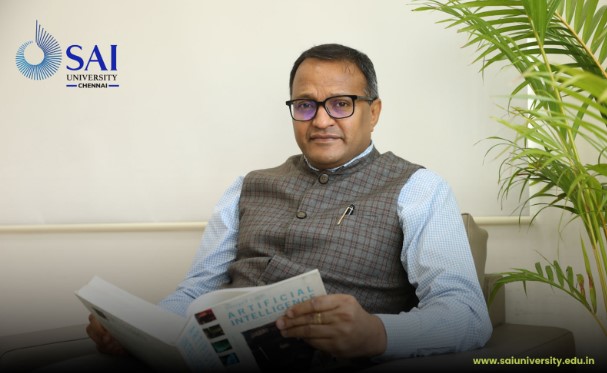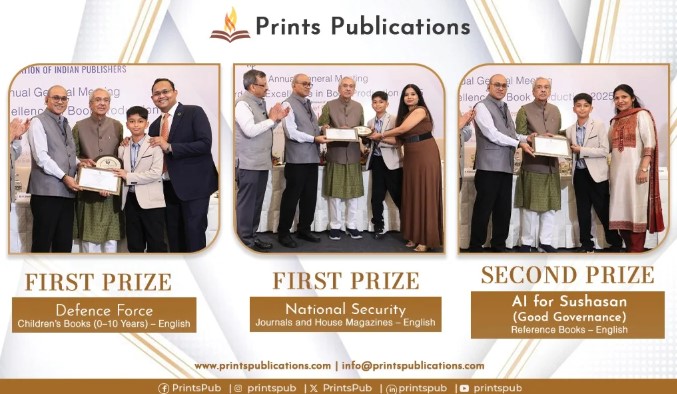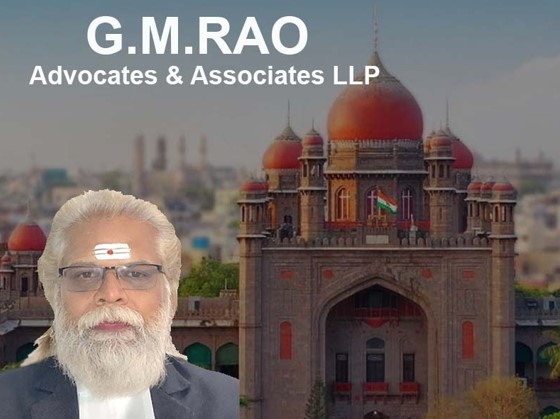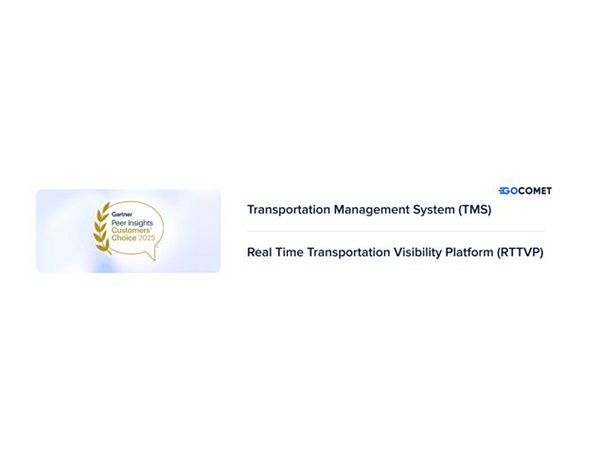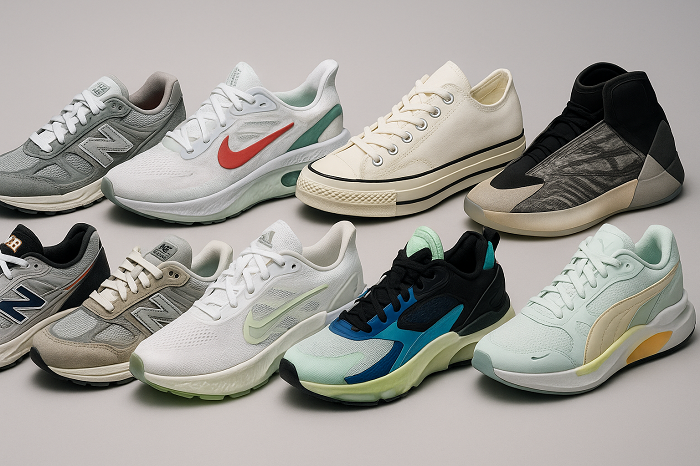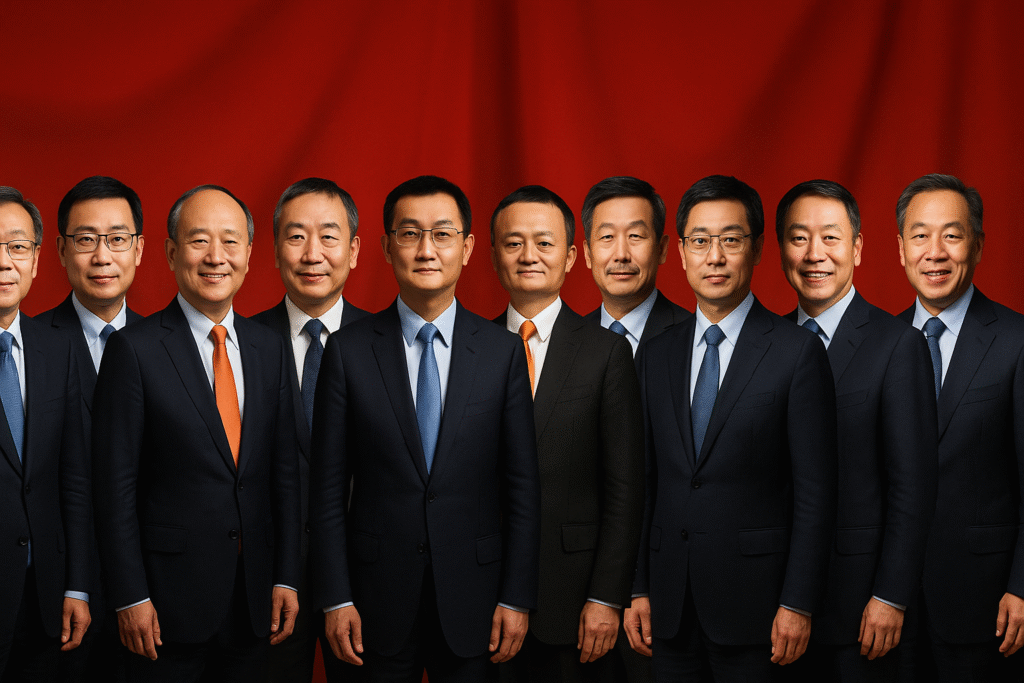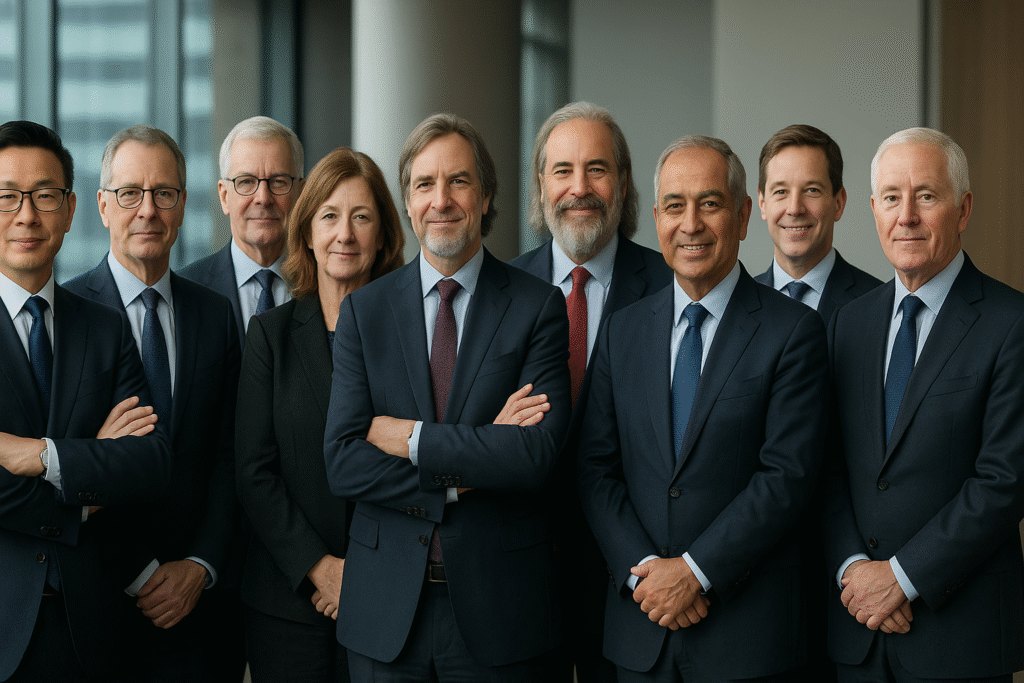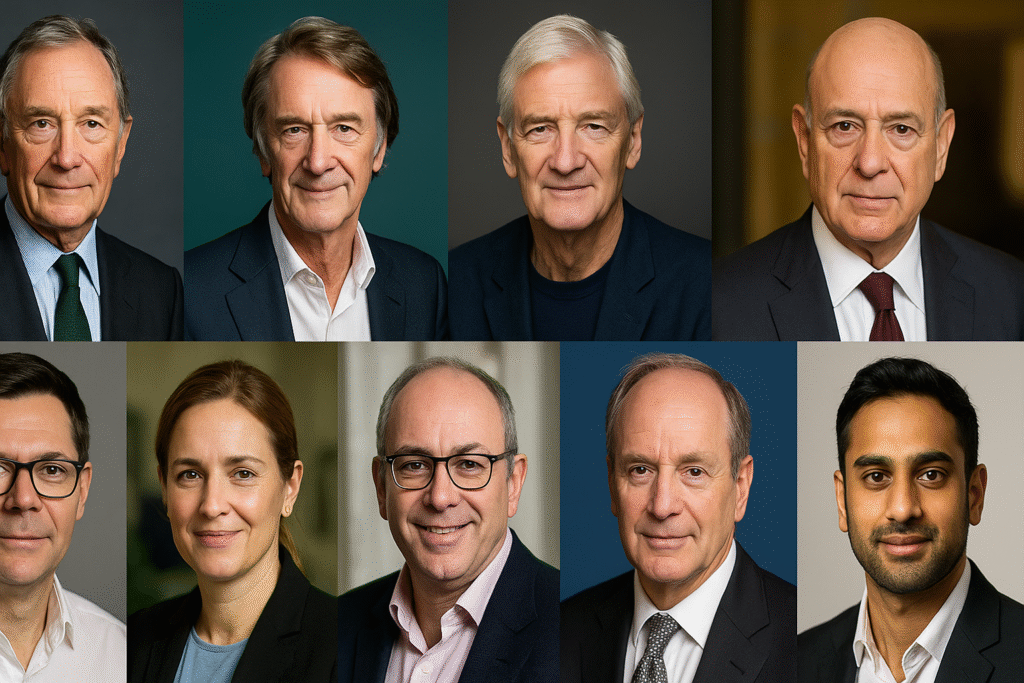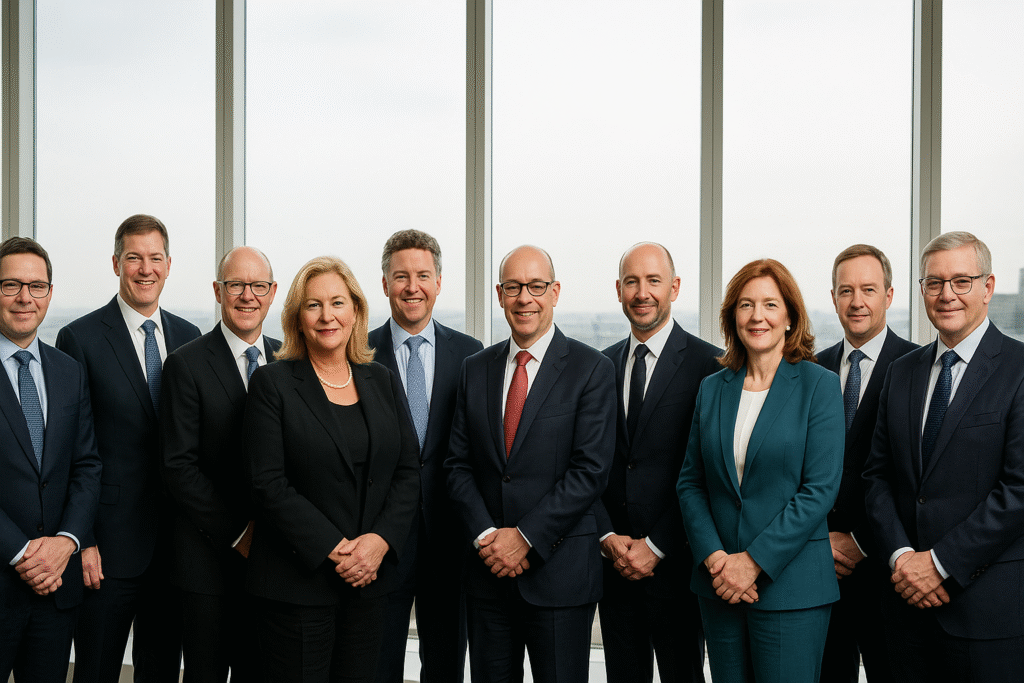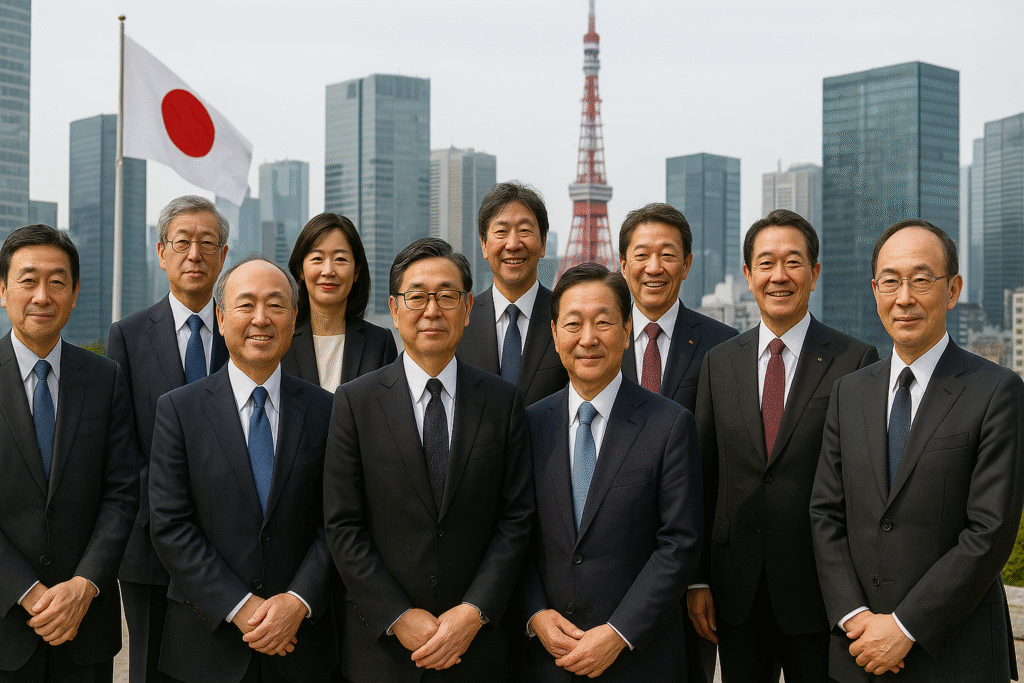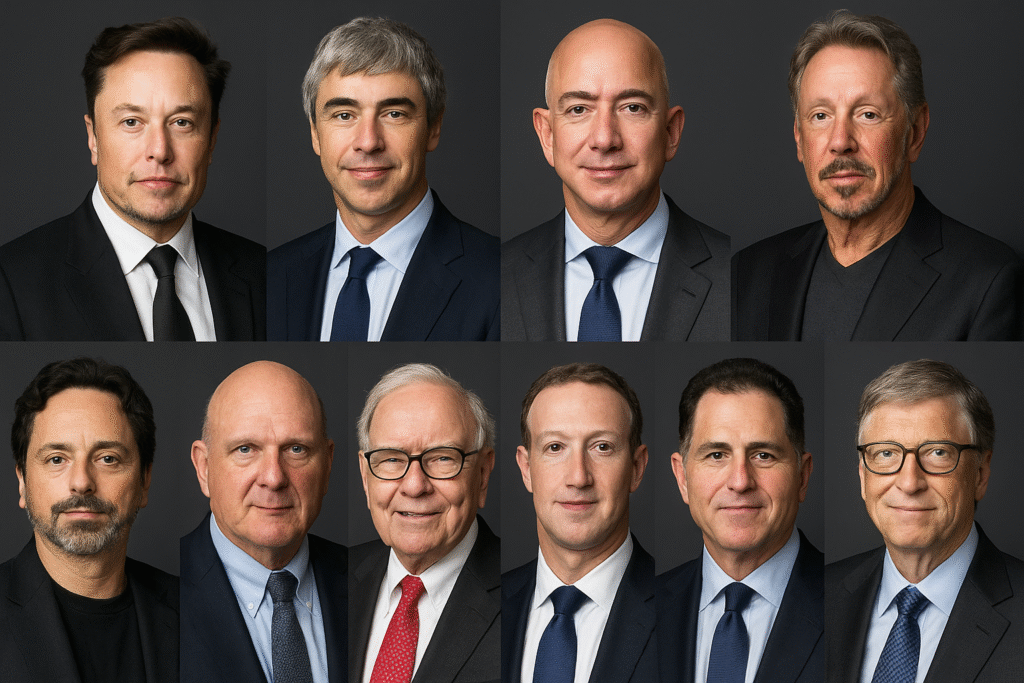Top 10 Richest CEOs in China 2025
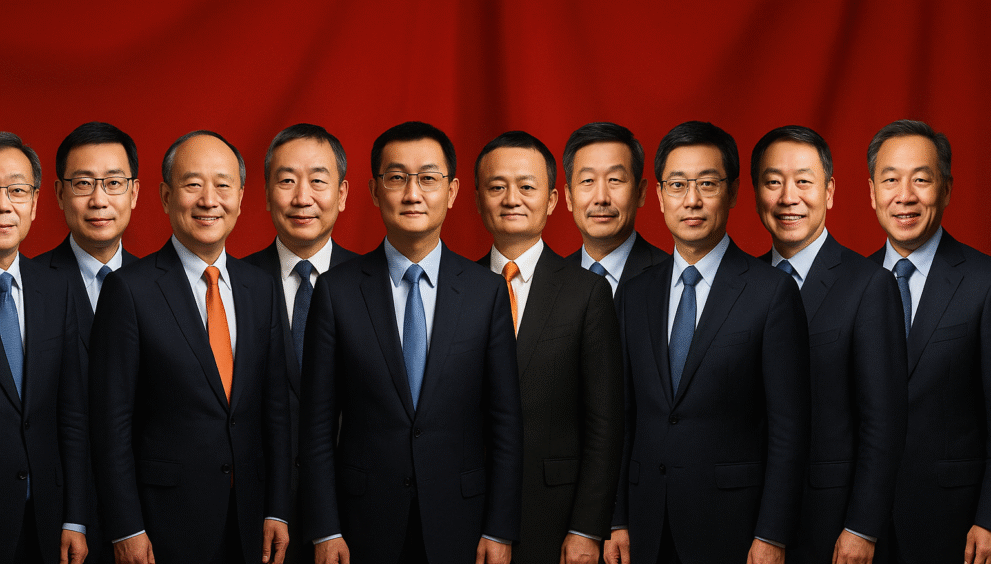
China is home to one of the fastest-growing economies in the world and has produced some of the wealthiest and most influential business leaders of the modern era. As we step into 2025, the spotlight is on the richest CEOs in China who have not only built massive fortunes but have also reshaped industries such as technology, e-commerce, manufacturing, real estate, and green energy. These leaders are symbols of ambition, resilience, and innovation, and their wealth is a direct reflection of the transformations occurring within China’s economy. This article provides an in-depth exploration of the top 10 richest CEOs in China 2025, highlighting their companies, industries, and the strategies that have made them titans of wealth and power.
The Economic Landscape of China
China’s economy continues to dominate global trade and innovation in 2025. Although the nation has faced challenges such as regulatory tightening and geopolitical tensions, Chinese companies remain powerful players in technology, e-commerce, and finance. CEOs in China often accumulate their wealth through founding stakes in companies, ownership of large equity positions, and diversification into multiple industries. What makes them stand out is not just the size of their wealth but their influence in shaping consumer behavior, technological trends, and international markets.
Top 10 Richest CEOs in China 2025
1. Zhong Shanshan, Chairman of Nongfu Spring and Wantai Biological Pharmacy
Zhong Shanshan, famously nicknamed “the lone wolf” for his independent style, remains China’s richest executive in 2025. His fortune comes from his bottled water empire, Nongfu Spring, and his pharmaceutical business, Wantai Biological. Despite a crowded market, Nongfu Spring’s dominance in the beverage industry has secured steady profits, while his biotech interests keep him at the forefront of healthcare innovation.
2. Ma Huateng (Pony Ma), CEO of Tencent Holdings
Ma Huateng, often referred to as Pony Ma, is the mastermind behind Tencent, one of the largest technology conglomerates in the world. From gaming to social media and fintech, Tencent continues to generate enormous revenue streams. In 2025, his personal wealth has been reinforced by the expansion of WeChat’s ecosystem, as well as Tencent’s investments in artificial intelligence and cloud services.
3. Jack Ma, Founder of Alibaba Group
Although Jack Ma stepped back from the limelight in recent years, his legacy and wealth remain intact through Alibaba’s continued dominance in e-commerce, logistics, and cloud computing. In 2025, Alibaba is still a giant in online retail and financial services, with Ant Group contributing significantly to Jack Ma’s net worth. His fortune is a testament to the enduring strength of China’s digital economy.
4. William Lei Ding, CEO of NetEase
William Ding, one of China’s earliest internet pioneers, has built NetEase into a global gaming and internet services powerhouse. His wealth in 2025 has soared thanks to the booming demand for online entertainment and digital platforms, both in China and internationally. Ding’s foresight in diversifying into education technology and music streaming has further secured his financial standing.
5. Wang Wei, CEO of SF Express
Wang Wei, the founder and CEO of SF Express, is a logistics tycoon whose company is often referred to as the “FedEx of China.” His wealth has grown in 2025 as e-commerce continues to flourish, requiring robust delivery networks. SF Express has expanded internationally, and Wang Wei’s fortune reflects the crucial role logistics plays in the modern economy.
6. Lei Jun, CEO of Xiaomi Corporation
Lei Jun has made Xiaomi one of the leading global smartphone manufacturers, competing with giants like Apple and Samsung. In 2025, Xiaomi’s expansion into electric vehicles, smart home products, and AI-powered devices has significantly boosted Lei Jun’s fortune. His leadership style, often compared to that of Steve Jobs, has made him a celebrated figure in the Chinese tech landscape.
7. He Xiangjian, Co-Founder of Midea Group
He Xiangjian, who co-founded Midea, one of the largest home appliance manufacturers in the world, continues to be one of China’s wealthiest industrialists. In 2025, Midea’s growth in robotics and smart appliances has expanded his wealth. His influence showcases how China’s manufacturing might continues to thrive in both domestic and international markets.
8. Colin Huang, Founder of Pinduoduo
Colin Huang, the visionary behind Pinduoduo, has reshaped China’s e-commerce industry with his innovative social shopping model. Even though he stepped down as CEO, his substantial equity stake ensures his position among the richest business leaders. In 2025, Pinduoduo’s success in agriculture-focused e-commerce and overseas expansion has significantly increased his net worth.
9. Zhang Yiming, Founder of ByteDance
Zhang Yiming, the founder of ByteDance, the company behind TikTok and Douyin, remains one of the most influential figures in global technology. By 2025, ByteDance’s dominance in short video and AI-driven platforms has kept Zhang among the richest CEOs in China. Despite regulatory challenges, his wealth reflects the unstoppable growth of content-driven platforms.
10. Li Shufu, Chairman of Geely Holding Group
Li Shufu is the automotive mogul behind Geely, one of China’s largest carmakers and a global player with stakes in brands like Volvo and Daimler. In 2025, Geely’s investments in electric and autonomous vehicles have increased Li Shufu’s fortune significantly. His vision of blending traditional automotive manufacturing with next-generation mobility has secured his status as one of China’s top business leaders.
What Drives Their Success
The wealth of these CEOs is built on a combination of innovation, strategic investments, and adaptability. Unlike many Western executives who primarily rely on salaries and bonuses, Chinese CEOs often maintain large equity stakes in their companies, ensuring their personal fortunes rise alongside their businesses. Their success is also linked to the scale of China’s domestic market, which provides opportunities for rapid growth unmatched in most other countries.
Conclusion
The top 10 richest CEOs in China 2025 reflect the diversity and strength of the nation’s economy. From Zhong Shanshan’s bottled water empire to Zhang Yiming’s global tech platforms, these leaders showcase the ability of Chinese entrepreneurs to dominate across sectors. Their influence extends far beyond personal wealth, shaping industries, consumer behavior, and even government policies. As China continues to navigate global challenges, the role of these CEOs in driving innovation and growth will remain pivotal.











